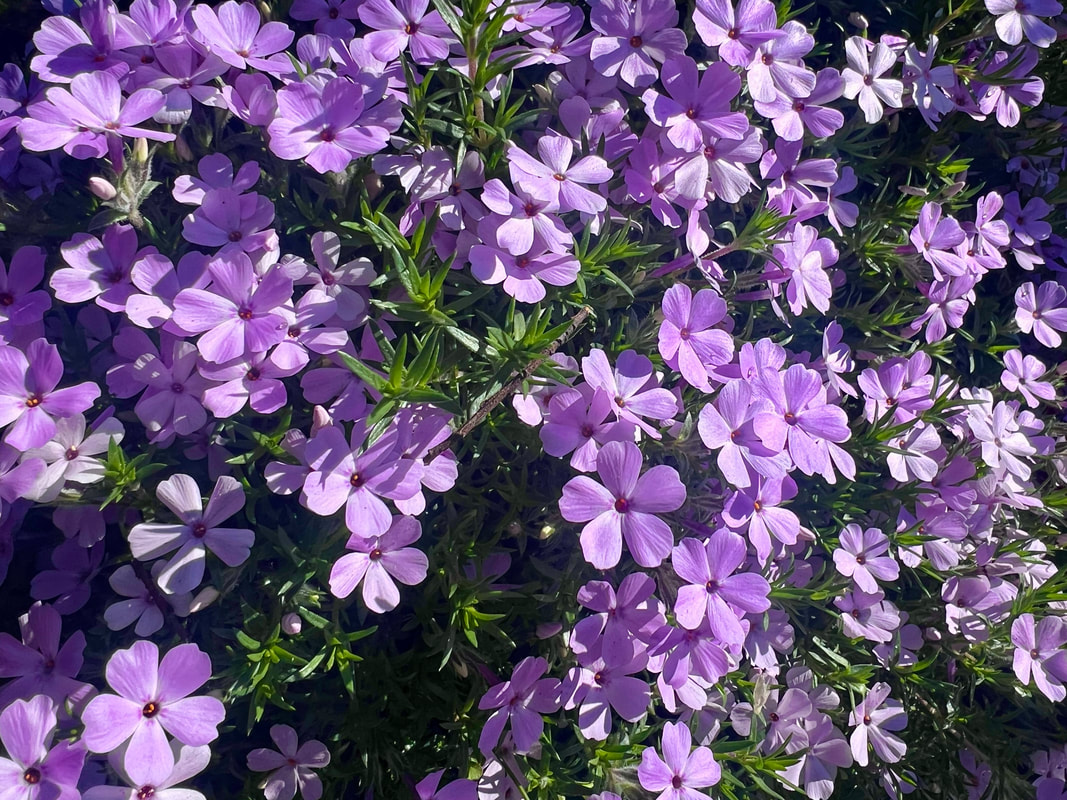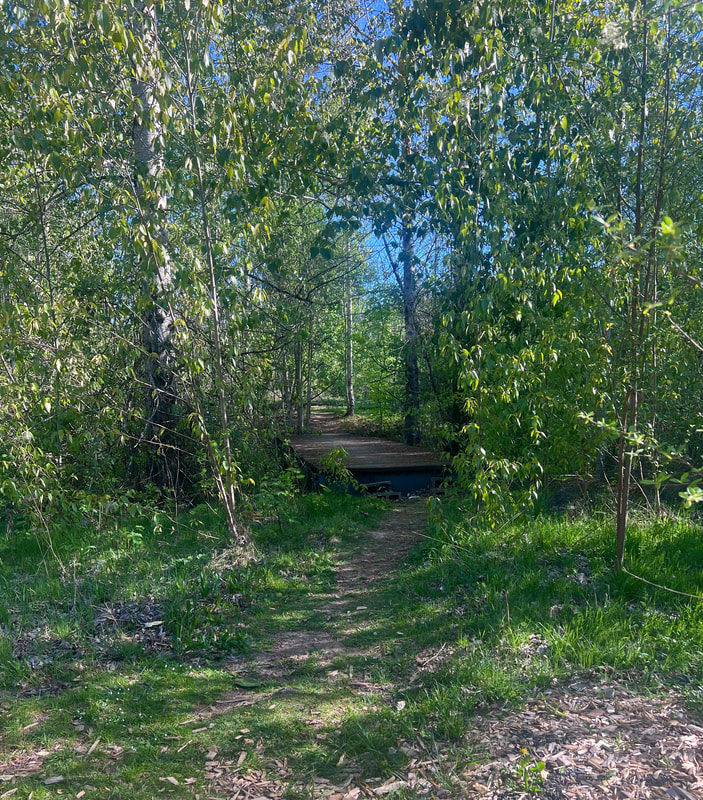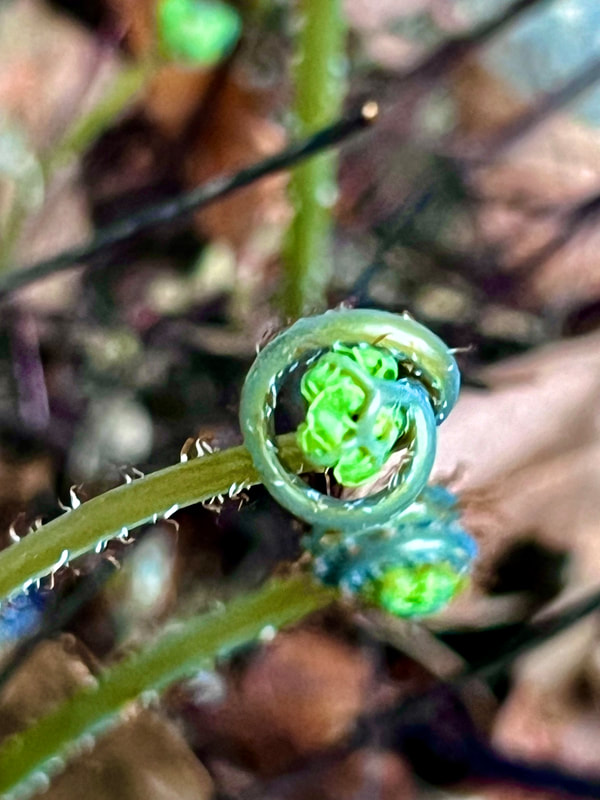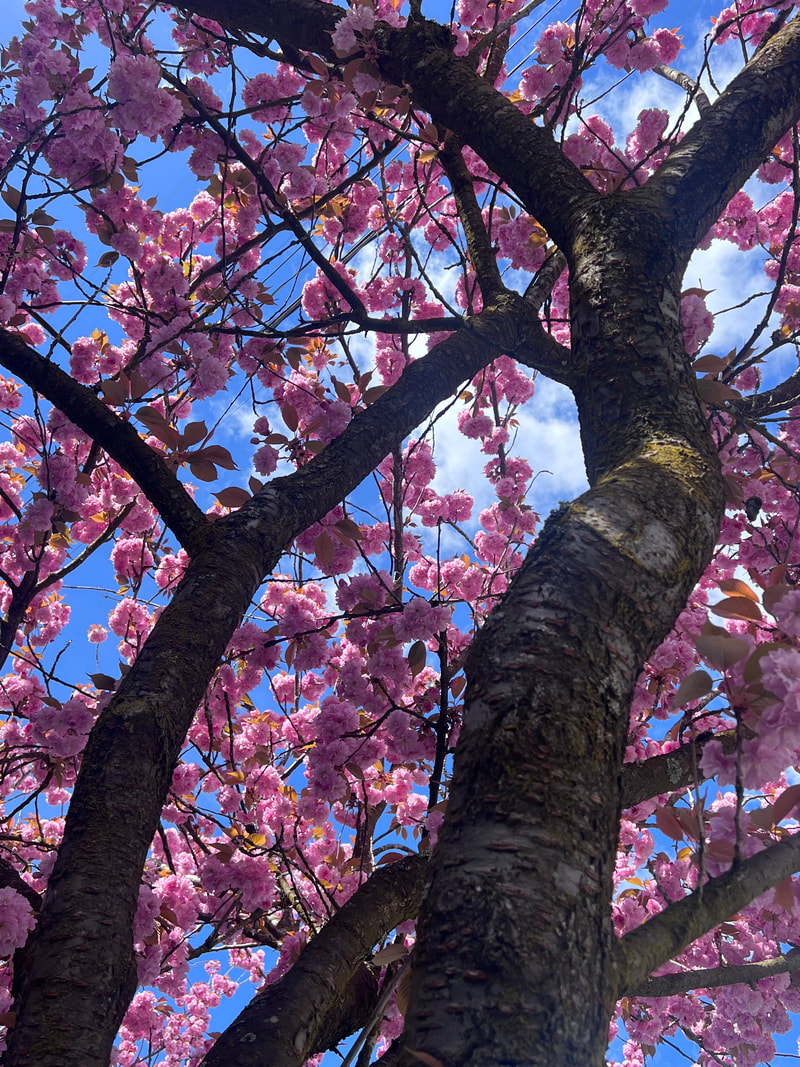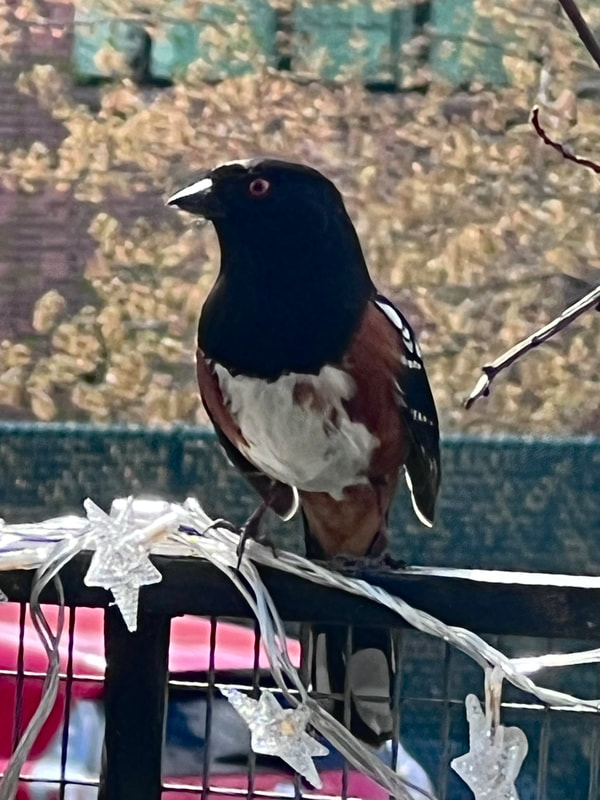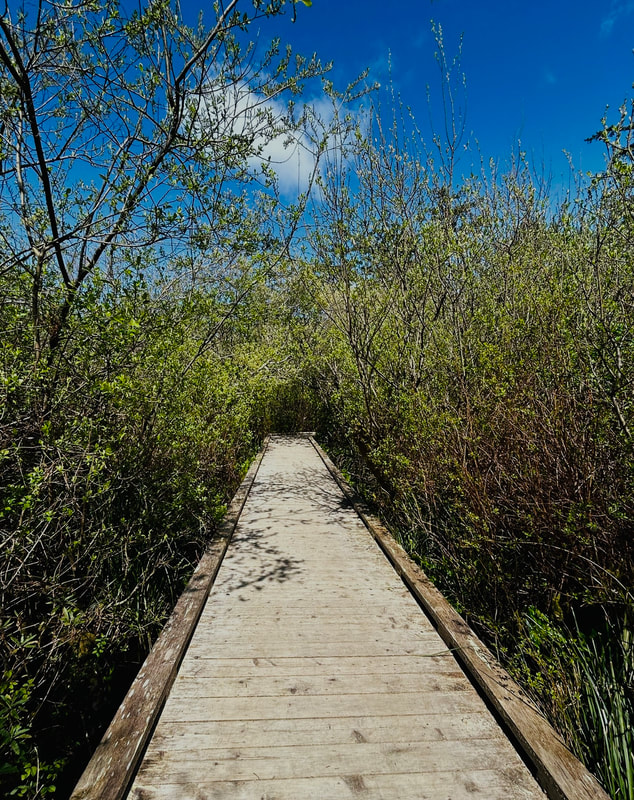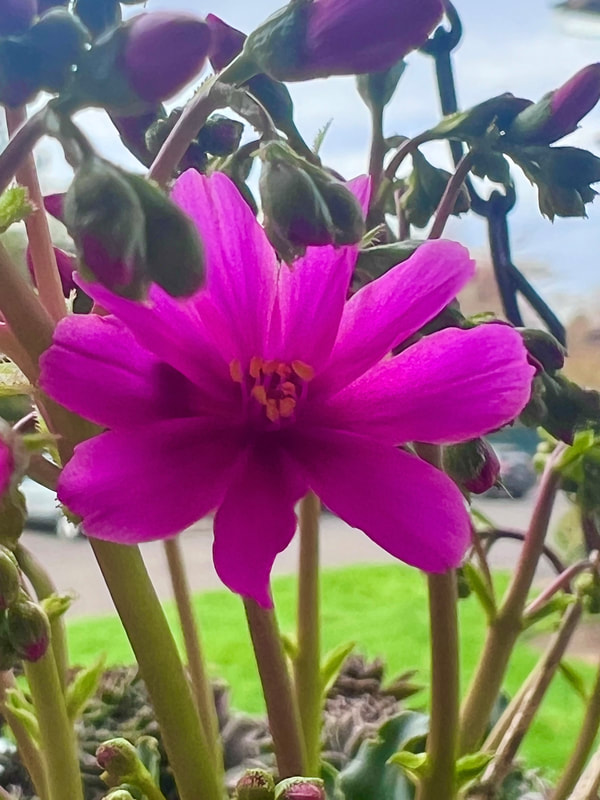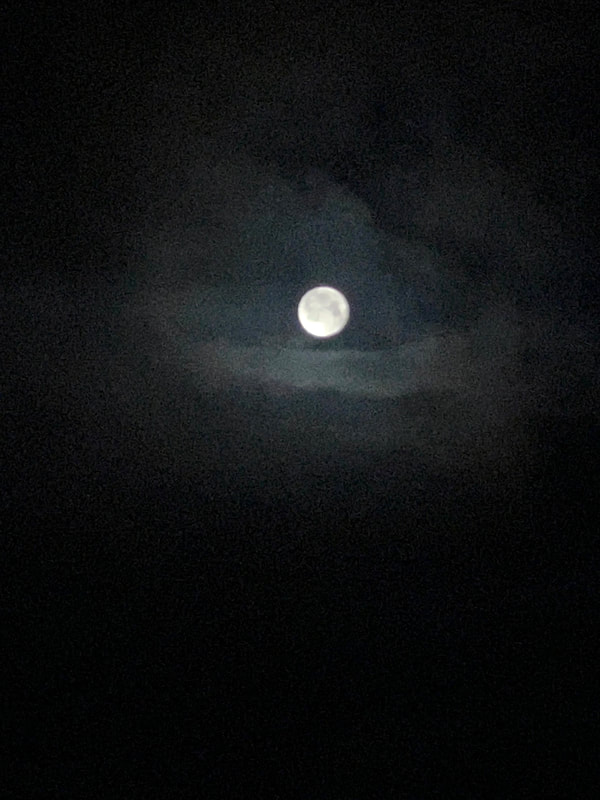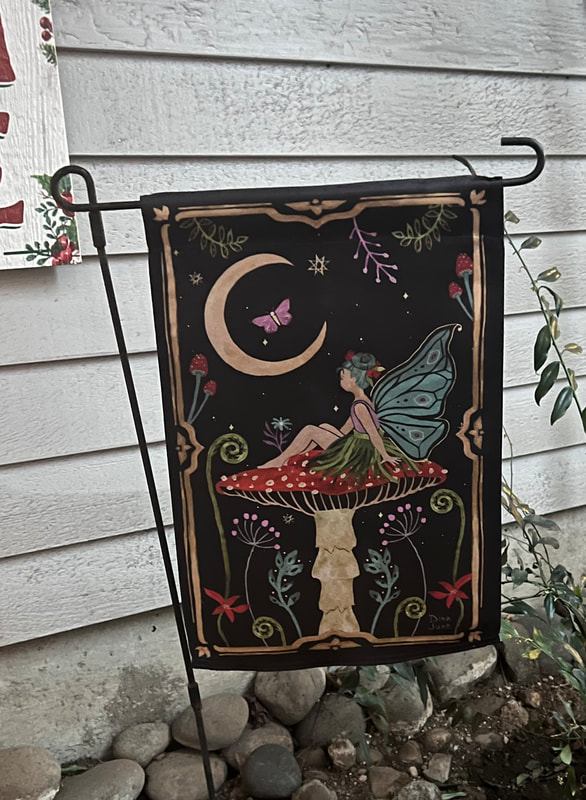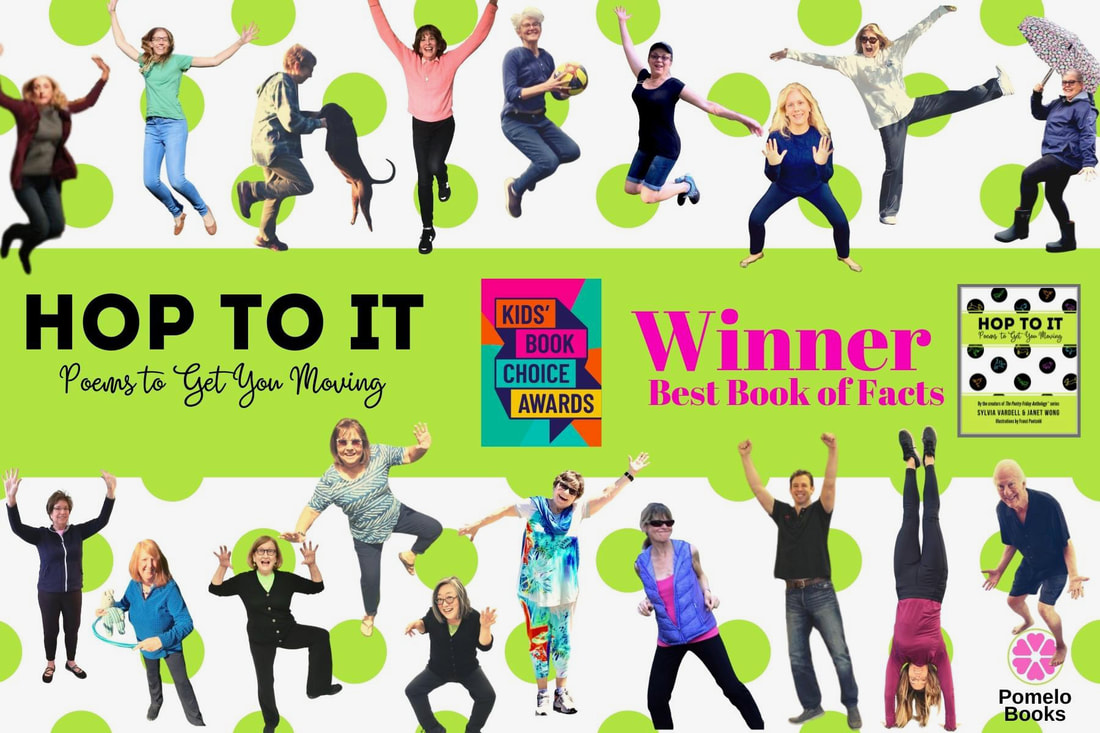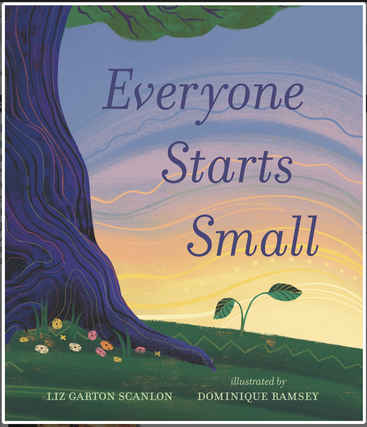
Note: Please link at Mr. Linky in Part 1 of Poetry Friday. Welcome back to part two of my poetry author’s interviews. I was very happy that Anne Irza-Leggat connected me with Liz and her new book, Everyone Starts Small. JRM: Where did the seed for this book come from? LGS: I love the wordplay you embedded in this question, Jone -- thank you! I write a lot about the natural world because of how enraptured I am with it and, also, how worried I am for it. This particular manuscript was inspired by two books -- The Hidden Life of Trees by Peter Wohlleben and Entangled Life by Merlin Sheldrake, both of which are chock-full of fascinating and heartening stuff, but are decidedly for grown-up readers. I wanted to grab the essence of what I learned from those books and translate it into something accessible and alive for young readers. JRM: What kind of research did you do? What information did you have to leave out? What was the most surprising tidbit of information from the research? LGS: When I dug into the interconnected lives of trees and fungi, I was utterly wowed by how smart and resilient these living worlds are, and what impeccable examples they offer of how to protect and lift one another other up. There was so much information I couldn't include -- like the fact that trees form intricate networks for sharing nutrients and messages and support, via chemical compounds and scent and even sound! But I was able (I hope) to evoke the reality that (as Peter Wohlleben said in The Hidden Life of Trees) "a tree can be only as strong as the forest that surrounds it." We are, none of us, as safe or well alone as we are together. JRM: Was there a verse you wanted to include but had to cut? LGS: Not a particular verse, but the tenor of the piece changed quite a bit. The early drafts leaned into a friendly competition between tree and water, and who could grow bigger and stronger, faster. There is still a hint of that, in the final book, but I became much more interested in how everything -- tree and water and bug and berry -- grows together. The threat or competition really isn't between them so much as an external thing being imposed upon them, thanks to the impact of human activity and climate change. 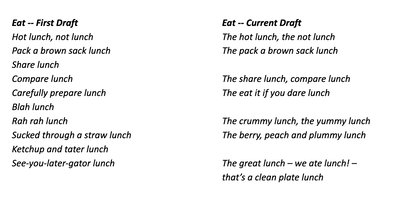
JRM: Would you have an early draft of a poem and then the final draft so readers can take a peek at the process? LGS: My poet-friends Laura Purdie Salas and Tanita Davis are both amazing at capturing their own processes -- sometimes even via video. I'm envious because I'm less organized or maybe less conscious of the discreet steps of my process. But here's an example of a poem from a small collection I've been working on. You'll see that as it evolved, it became way more specific and, to my mind at least, child centered. JRM: Would you have a tip for teachers on how to use this book? LGS: I hope it will be read and enjoyed as "just a story" but also that students will notice that the "characters" in the book, while not human, are very much alive and engaged with the world and with one another! Tree has been given the primary speaking voice here, but I'd love for students to empower the other natural elements to speak, too! What would Wind say if we were listening? What might Bug wish for? What is Berry afraid of? The more empathy we build in this way, the more motivated we'll be to serve and stand up for and save the planet. I really believe that. JRM: What advice might you have for aspiring young poets of any age? LGS: Read your work aloud. Write and then read it aloud, then revise and read it aloud, then tweak and tweak again and read it aloud. Every time I do this I hear what's there, what's missing, and what I ought to do next. It's magic. JRM: How can readers support our environments? LGS: There are all sorts of hands-on ways for kids to engage their inner environmentalists, from picking up litter, to planting for pollinators, to helping compost food waste. Bigger picture? Reading and learning about our wild planet is the first step toward activism. To really know the Earth is to love her, to love her is to ensure she survives. And then, as Tree says in the book, Everyone Wins. 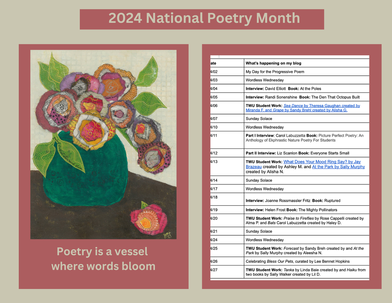
I do hope you will return on Saturdays to see the Saturday Matinee featuring my TWU student poetry videos. Here is last week: 2024 National Poetry Month Saturday Matinee, Featuring the Work of Texas Women's University Students.
This Saturday, April 13, 2024, the videos will feature poems by Jay Brazeau and Sally Murphy will be featured. You may want to check in on the 2024 Progressive Poem. It’s at Buffy Silverman on April 11 and Linda Mitchell at A Word Edgewise on April 12. There is still time to share your favorite poem or poet by filling out this form. We all have more than one poem or poet we love, probably we have many mentor poems. Don’t overthink it, just share one. Note: Please link at Mr. Linky in Part 1 of Poetry Friday |
AuthorAll photos and poems in these blog posts are copyrighted to Jone Rush MacCulloch 2006- Present. Please do not copy, reprint or reproduce without written permission from me. Categories
All
Archives
July 2024
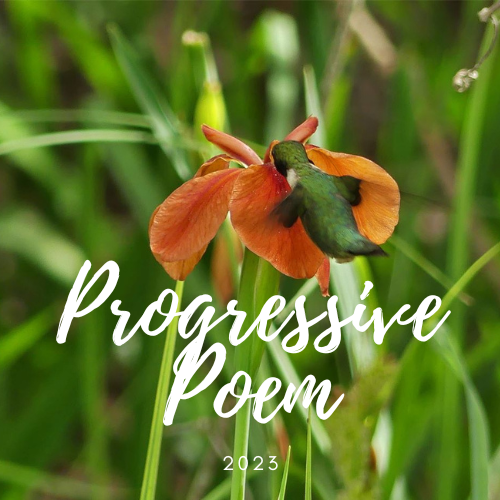
2023 Progressive Poem
April 1 Mary Lee Hahn, Another Year of Reading April 2 Heidi Mordhorst, My Juicy Little Universe April 3 Tabatha, The Opposite of Indifference April 4 Buffy Silverman April 5 Rose Cappelli, Imagine the Possibilities April 6 Donna Smith, Mainely Write April 7 Margaret Simon, Reflections on the Teche April 8 Leigh Anne, A Day in the Life April 9 Linda Mitchell, A Word Edgewise April 10 Denise Krebs, Dare to Care April 11 Emma Roller, Penguins and Poems April 12 Dave Roller, Leap Of Dave April 13 Irene Latham Live You Poem April 14 Janice Scully, Salt City Verse April 15 Jone Rush MacCulloch April 16 Linda Baie, TeacherDance April 17 Carol Varsalona, Beyond Literacy Link April 18 Marcie Atkins April 19 Carol Labuzzetta at The Apples in My Orchard April 20 Cathy Hutter, Poeturescapes April 21 Sarah Grace Tuttle, Sarah Grace Tuttle’s Blog, April 22 Marilyn Garcia April 23 Catherine, Reading to the Core April 24 Janet Fagal, hosted by Tabatha, The Opposite of Indifference April 25 Ruth, There is no Such Thing as a God-Forsaken Town April 26 Patricia J. Franz, Reverie April 27 Theresa Gaughan, Theresa’s Teaching Tidbits April 28 Karin Fisher-Golton, Still in Awe Blog April 29 Karen Eastlund, Karen’s Got a Blog April 30 Michelle Kogan Illustration, Painting, and Writing |
